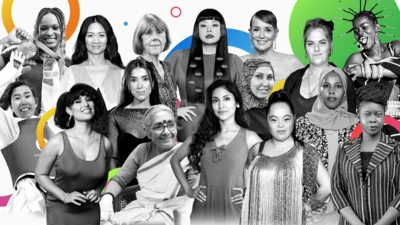We've updated our Privacy and Cookies Policy
We've made some important changes to our Privacy and Cookies Policy and we want you to know what this means for you and your data.
PPI heads complaints to the financial ombudsman
Controversial payment protection insurance (PPI) has dominated the list of complaints to the financial ombudsman service.
Some 30% of new cases during 2009-10 were about PPI, the service's annual report shows.
PPI should enable borrowers to pay off loans such as credit cards or mortgages if they fall ill or lose their job, but sales have come under fire.
In total, the ombudsman resolved 46% more finance cases than a year before.
Record numbers
The free ombudsman service was set up by law to settle complaints between consumers and financial businesses on anything from pawnbroking to mortgages.
It handled 925,095 enquiries from consumers in the last financial year. It resolved 166,321 disputes - a record number. In half of these cases, consumers were given compensation.
Some 49,196 new complaints were about PPI, which consumer groups have complained about as often being mis-sold.
Last week, the Competition Commission confirmed its intention to ban PPI being sold at the time loans are granted, despite a complaint from some leading banks.
James Daley, of Which? Money, said that these complaints were just the tip of the iceberg.
"Many people give up at the first hurdle rather than going to the ombudsman," he said.
"It also reinforces the need for the Financial Services Authority to push ahead with plans to force firms to review rejected PPI complaints."
New consumers
Another 15.5% of new cases were about current accounts, 11% were about credit cards, 4.5% were about mortgages, and 4% were about unsecured loans.
There was a 27% drop in disputes involving pensions, while motor insurance complaints were down 13%.
The new chief Financial Ombudsman, Natalie Ceeney, said that new technology had given consumers the expectation of a two-way relationship with their financial services provider.
"In a world of iPhones and Twitter, consumers are becoming increasingly confident," she said.
"They feel more empowered to ask questions, shop around, assert their rights, share information with others - and to complain when they are not happy. More people now expect a two-way conversation - not one-way communication."
Top Stories
More to explore
Most read
Content is not available








